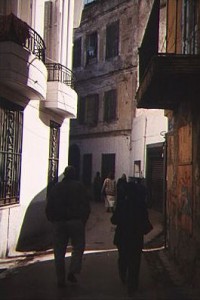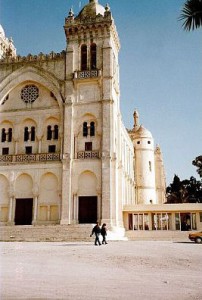
Tunis Street

Carthage
The small North African country of Tunisia recently held its first free election since leading the Arab world earlier this year in a revolution against regional dictators. My husband and I lived in this progressive Arab country from 1997 until 2000.Nahda, described as a mildly Islamist party, won over forty percent of the vote. Tunisia has a large, educated middle class, some of whom worry that a government controlled by Nahda might weaken the country’s laws dealing with women’s rights. The party’s leaders so far have indicated a willingness to work with the more secular parties and to safeguard Tunisian freedoms.
Nahda was banned during the corrupt, one-party rule of the now deposed Ben Ali. Members risked imprisonment and torture. No wonder they are reveling in the new freedom to compete in an election. They appear to have played by the rules and won their votes fairly. The results of this election will be scrutinized for indications of how the Arab world will shift as other nations take steps toward democracy, including participation by Islamist parties.
Winning the peace can be more difficult than winning the war. In American history, we glorify heroes of our Revolution, but the period after the United States gained its independence was a greater challenge, a time of debilitating partisan struggle. Nation building requires the difficult virtues of servanthood, of putting the country’s welfare above individual or party ambitions.
Perhaps we might reflect on these virtues for our own country in our coming election.

